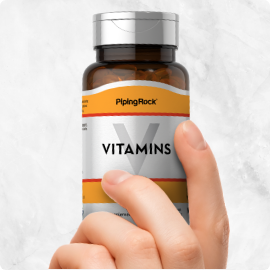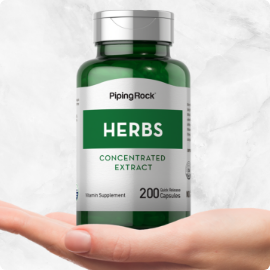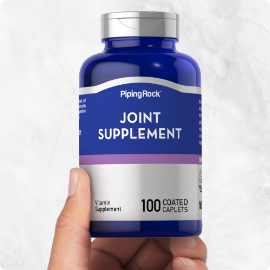Have you ever thought of yourself as your garden’s superhero?
Think about it: between carefully planting the seeds that will grow by your hand, bringing life with water, and fighting the ever-villainous barrage of weeds and pests, your garden Gotham would be lost without you!
So, what’s in your garden utility belt? Gloves, a trowel, and rich compost for sure, and certainly a hand cultivator, watering can, and pruning shears… but have you thought about adding:
Diatomaceous Earth, Bentonite Clay, or even Essential Oils?
Here are 3 essentials you may have missed that can enhance your garden naturally and how to use them!
If there’s one must-have for your garden, this is it right here. Diatomaceous Earth (pronounced dia-tome-ay-shus) is a naturally occurring soft sedimentary rock, which is crumbled into the fine powder many are familiar with. It contains the fossilized remains of ancient algae, 14 trace minerals, and has been used in everything from clay masks and toothpaste to kitty litter, deodorizers, and more!
In the garden, Diatomaceous Earth (DE) offers three essential benefits: for preserving flower bulbs, amending soil (especially for potted plants), and in keeping common garden pests at bay. It’s important to make sure your DE is food-grade, as non-food-grade DE is processed differently and will not offer the same benefits.
To preserve and store flower bulbs, sprinkle them lightly with DE powder before placing in a permeable bag. Hang the bag in a dry place to help with airflow.
As a soil amendment, DE supplies 14 trace minerals while helping to retain moisture in light or sandy soils, so if your garden or potting soil could use a pick-me-up, try combining at a ratio of 1/4 parts DE to about 3/4 parts soil.
Garden pests have you worked up? Try combining about 1 cup DE with 1/2-gallon water, stirring well to mix (you’ll need to stir it again from time-to-time to keep the mixture together). Using a spray bottle or soft paint brush, coat the tops and undersides of your plants with this mixture. Be sure to keep pets and small children away from the plants for a few hours after applying. This should help not only with existing pests but deter future creepy-crawlies from moving into your garden.
Bentonite is a super-absorbent clay usually formed from volcanic ash near water. It can be a huge help for those working with particularly sandy soil, as it can hold several times its mass in water, expanding significantly when it comes into contact with moisture.
In the garden, Bentonite Clay mixes with sandy soil to fill the gaps between large particles that water would otherwise fall through without being absorbed. Think of it like adding mortar between bricks when building a wall! Most people use it in conjunction with other organic material that can (and should!) be added to garden soil, such as compost and mulch, and should be well mixed deeply within the existing soil. This should help with water absorption problems, as well as help sustain the nutrient content of the soil.
The amount of bentonite clay to soil depends largely on several factors, such as soil type, garden size, and what you’re planning on planting there. Doing some research before starting your garden is recommended to learn the perfect ratio for your individual needs.
Since essential oils are derived from plants, it only makes sense that they’d be such a huge help in the garden!
essential Oils can help keep pests from bothering your garden, whether they’re creepy crawlies or small furry intruders. Using an empty spray bottle, natural liquid dish soap, water, and the optimal oils, you can create personalized sprays for your gardening needs. The dish soap is an important ingredient, as it is a surfactant, meaning it helps to make sure your spray applications are distributed evenly. The typical ratio for garden sprays is 4-8 drops of essential oil per 1 gallon of water with just a few drops of dish soap.
The best oils to use in keeping creepy crawlies at bay are peppermint, lavender, lemongrass, and thyme oils. For furry four-legged fiends, try peppermint and rosemary.
PipingRock Empowering Your Health Journey



